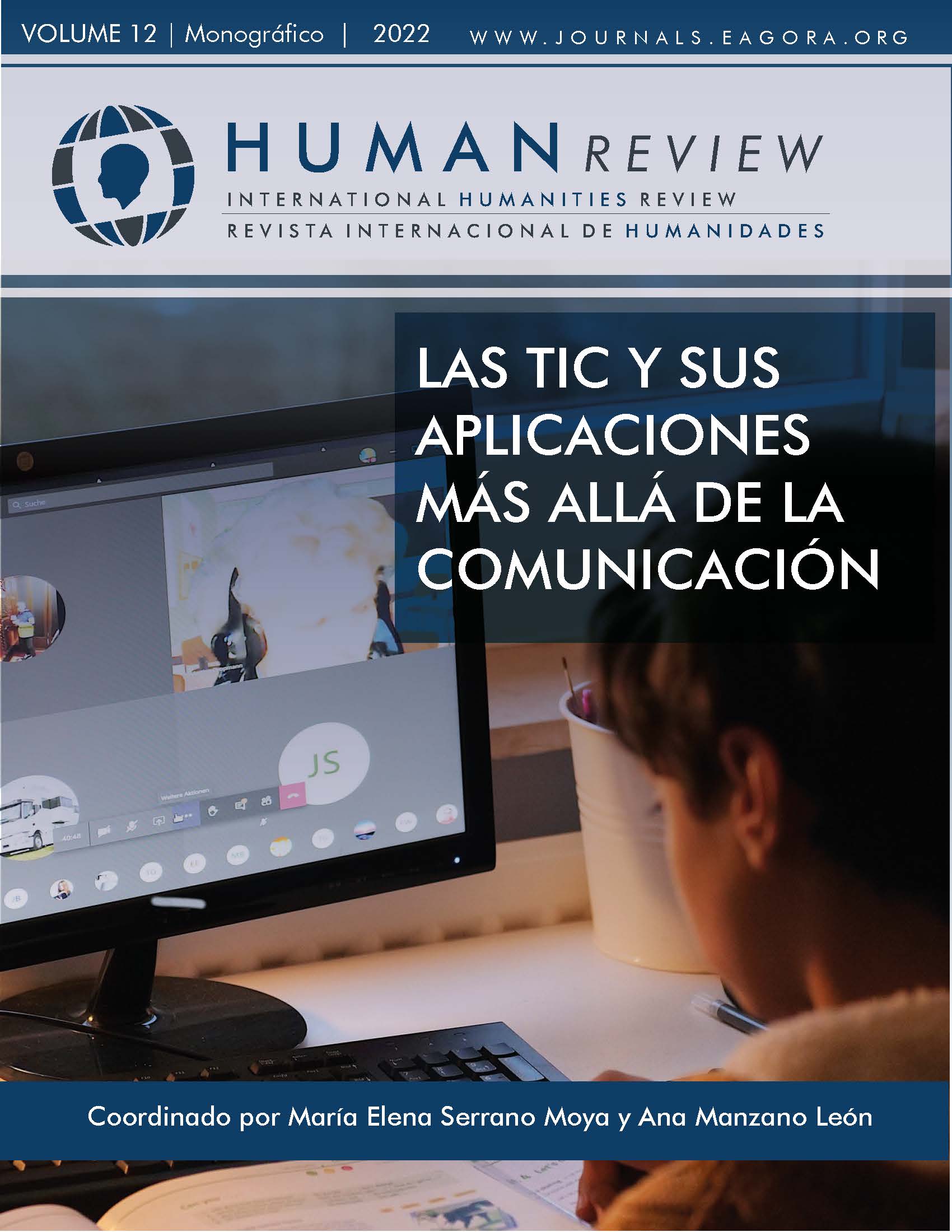Boost to learning in higher education through gamification
Keywords:
Educational innovation, Higher education, Integral learning, Gamification, Motivation, Soft SkillsAbstract
The aim of this project is to implement a cooperative learning methodology in the university environment through a gamification strategy to promote behavioural changes in students. The stimulus tool is an innovative practice of double correction that incorporates the concept of fun. The Chi-square statistic was applied to the data obtained. In addition, students were given a questionnaire on the acquired competences to which the Mann-Whitney U test was applied. The analysis of the resultant data supports that the implemented strategy improves interpersonal skills and academic performance.
References
Bekebrede, G., Warmelink, H.J.G., Mayer I.S. (2011). Reviewing the need for gaming in education to accommodate the net generation computer. Computer & Education, 57(2), 1521-1529
Bretones, A. (2008). Participación del alumnado de Educación Superior en su evaluación. Revista de Educación, 347, 181-202.
Carless, D. (2006). Differing perceptions in the feedback process. Studies in Higher Education, 31(2), 219-233.
Covic, T., Jones, M.K. (2008). Is the essay resubmission option a formative or a summative assessment and does it matter as long as grades improve? Assessment & Evaluation in Higher Education, 33(1), 75-85.
Deterding, S., Dixon, D., Khaled, R., Nacke, L. (2011). Gamification: Toward a Definition. HCI Gamification workshop proceedings. Vancouver, BC, Canadá. http://gamification-research.org/wp-content/uploads/2011/04/02-Deterding-Khaled-Nacke-Dixon.pdf
Díaz, J., Rodríguez, Y.T. (2013). El potencial de la gamificación en el ámbito educativo. III Jornadas de Innovación Docente. Innovación Educativa: repuesta en tiempos de incertidumbre. Universidad de Sevilla, España. https://idus.us.es/xmlui/bitstream/handle/11441/59067/EL%20POTENCIAL%20DE%20LA%20GAMIFICACION%20APLICADO%20AL%20AMBITO%20EDUCATIVO.pdf?sequence=1&isAllowed=y
Ellery, K. (2008) Assessment for learning: a case study using feedback effectively in an essay-style test. Assessment & Evaluation in Higher Education, 33(4) 421-429.
Gibbs, G., Simpson, C. (2004). Conditions Under Which Assessment Supports Students’ Learning. Learning and Teaching in Higher Education, 1(05) 3-31. http://www.glos.ac.uk/adu/clt/lathe/issue1/index.cfm
González, J., Wagenaar, R. (coord.). (2003·). Tuning Educational Structures in Europe: Informe Final Fase Uno. Bilbao: Universidad de Deusto.
Hamari, J., Koivisto, J., Sarsa, H. (2014). Does gamification work? - A literature review of empirical studies on gamification. Proceedings of the Annual Hawaii International Conference on System Sciences. https://people.uta.fi/~kljuham/2014-hamari_et_al-does_gamification_work.pdf
Kim, T.W., Werbach, K. (2016). More than just a game: ethical issues in gamification. Ethics and Information Technology,18(2),157-173. http://dx.doi.org/10.1007/s10676-016-9401-5
López, G., Acuña, S. (2011). Aprendizaje cooperative en el aula. Inventio, 37, 29-33.
Lorente, S., Fauquet, J., Redolar-Ripoll, D., Prat-Ortega, G., Pardo, A., Bonillo, A. (2021). El aprendizaje cooperativo mejora el rendimiento académico. En Congreso Internacional sobre aprendizaje, innovación y cooperación. Madrid. España.
Medrano, CM., Osuna, I., Garibay, J.L. (2015). La eficiencia del aprendizaje cooperativo en la enseñanza de la química en el nivel medio superior. Revista Iberoamericana para la investigación y el Desarrollo Educativo. 6(11), 309-318
Morillas, C. (2016). Gamificación de las aulas mediante las TIC: un cambio de paradigma en la enseñanza presencial frente a la docencia tradicional. (Tesis Doctoral). Universidad Miguel Hernández. España
Rodríguez, F., Santiago, R., Tourón, J. (2015). Gamificación: Cómo motivar a tu alumnado y mejorar el clima en el aula. Océano.
Pérez, M., Quijano, R., Ocaña., M. (2013). El profesorado ante el Espacio Europeo de Educación Superior: dos años después. Educatio Siglo XXI, 31(2), 235-254.
Topping, K. (1998). Peer assessment between students in colleges and universities, Review of Educational Research, 68(3), 249-276.
Downloads
Published
Issue
Section
License
All articles are published under an Attribution-NoDerivatives 4.0 International (CC BY-ND 4.0) license. Authors retain copyright over their work.

